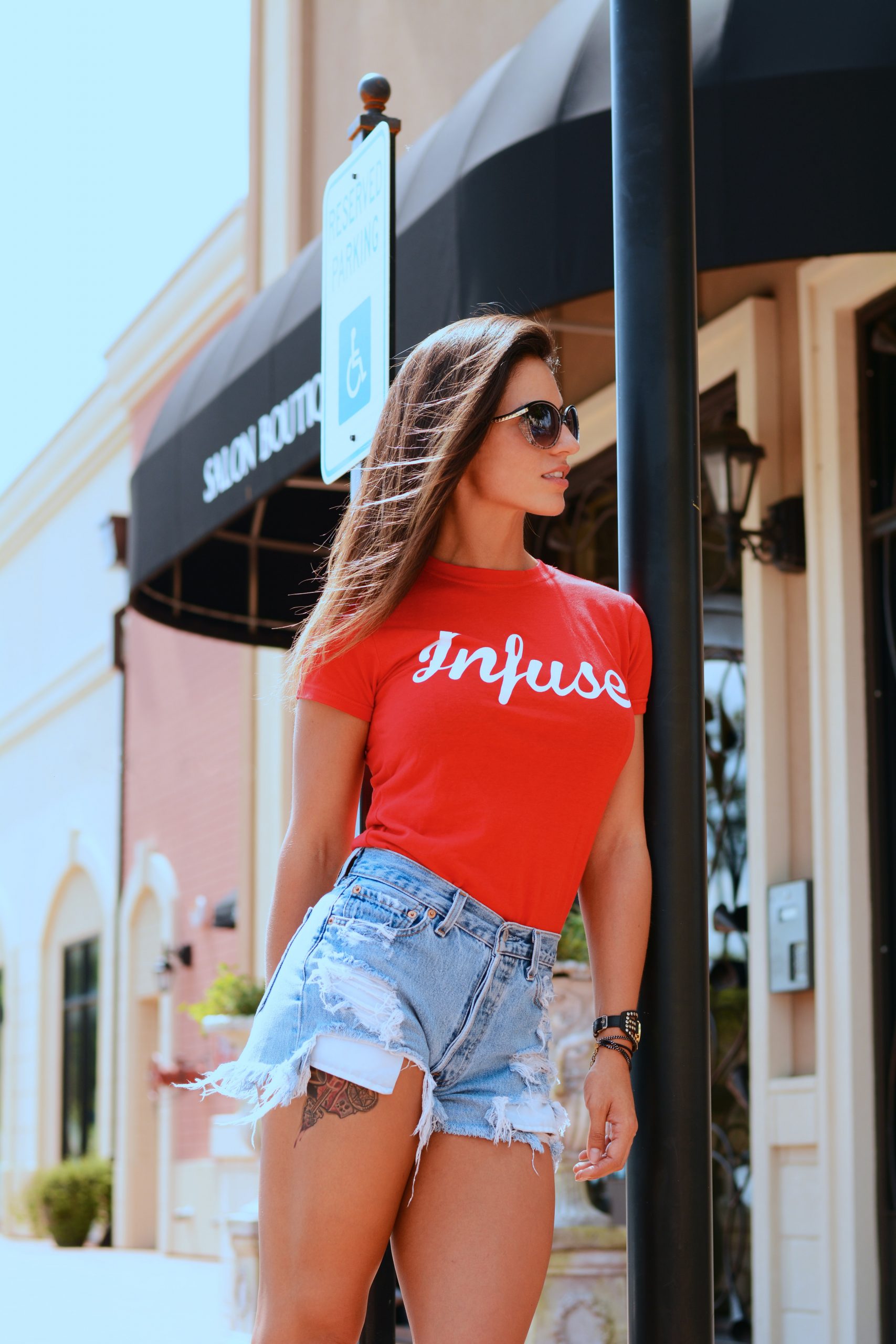It’s the start of a brand-new year! On behalf of the Law Offices of Jacob J. Sapochnick we would like to wish you and your loved ones a very Happy New Year. It has been a challenging time in the world of immigration law but we at the Law Office are proud to help you navigate the new normal.
In this blog post we share with you a new proposed rule that has been published in the Federal Register. The new rule seeks to raise certain nonimmigrant visa application processing fees, fees for the Border Crossing Card for Mexican Citizens age 15 and over, and fees to waive the two-year residency requirement (J waiver).
What is this all about?
On December 29, 2021, the Department of State released a new rule proposing the adjustment of various fees for Consular Services.
Non-Petition Based NIVs to Increase to $245 USD for B1/B2, F, M, J, C, D, I, and BCC applicants
Among the proposed fee changes is an increase of “non-petition” based NIV fees from $160 USD to $245 USD per application.
This change would impact a variety of nonimmigrant visas, such as:
- those for business and tourist travel (B1/B2);
- students and exchange visitors (F, M, and J);
- crew and transit visas (C and D);
- representatives of foreign media (I), and
- other country-specific visa classes, as well as BCCs for applicants age 15 or older who are citizens of and resident in Mexico.
According to the Department of State, “non-petition” means visas that do not require separate requests known as “petitions” to be adjudicated prior to the visa application to establish that the individual meets certain qualifying criteria for the relevant status ( e.g. , that the beneficiary of the petition has the relevant familial relationship to the petitioner). Non-petition based NIVs make up nearly 90 percent of all NIV workload.
 Visa Lawyer Blog
Visa Lawyer Blog









